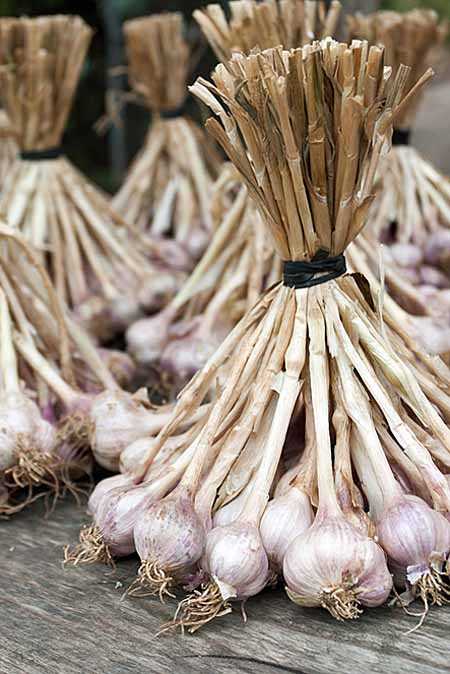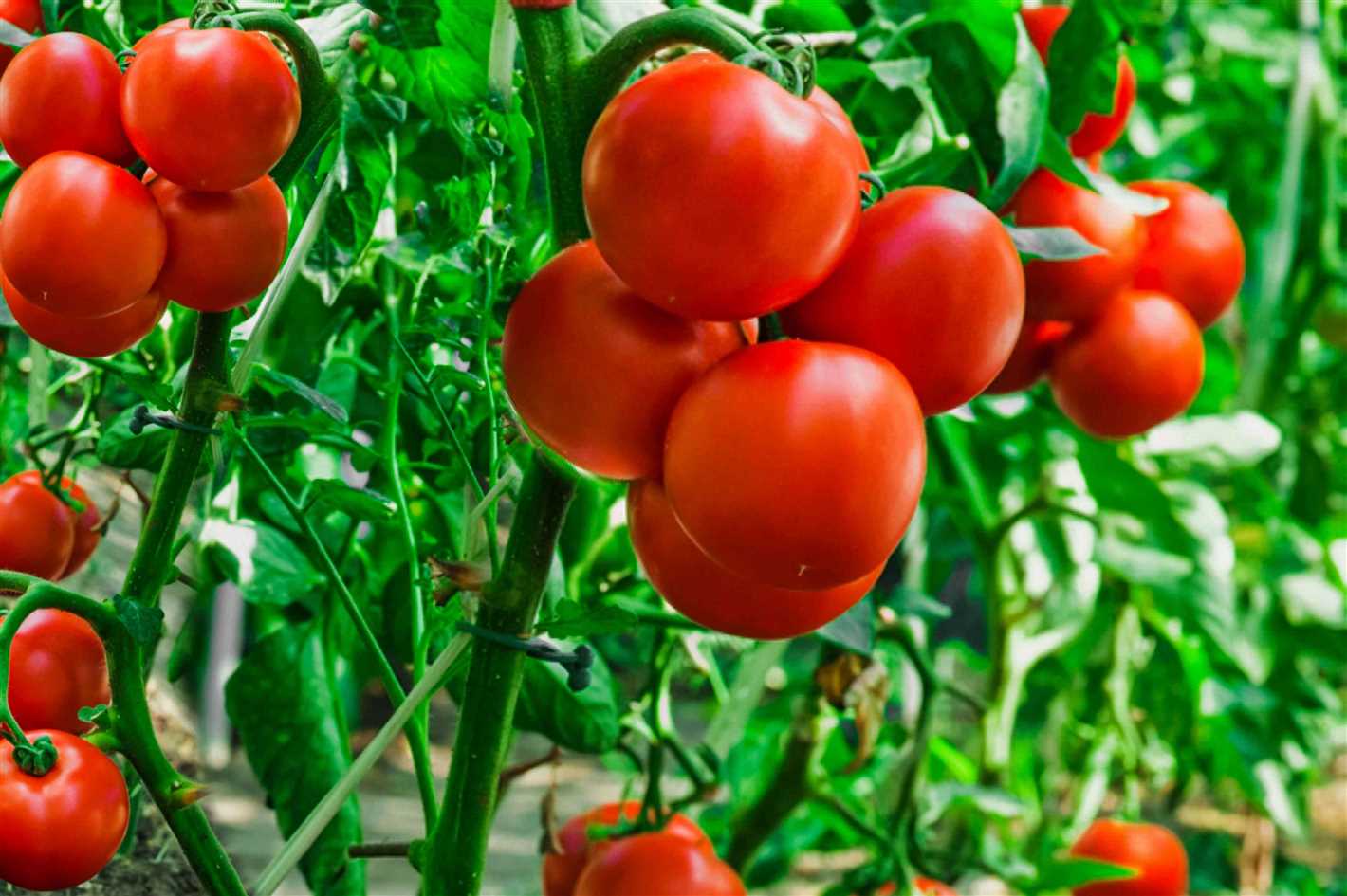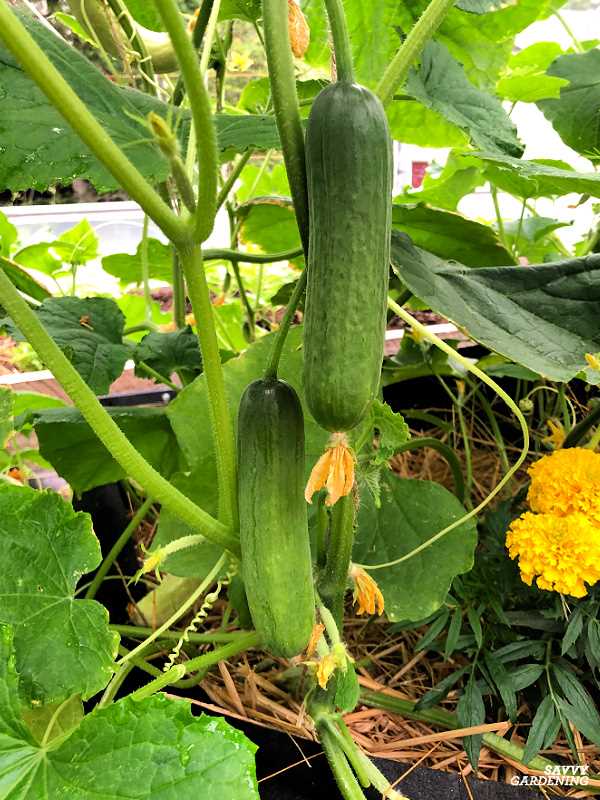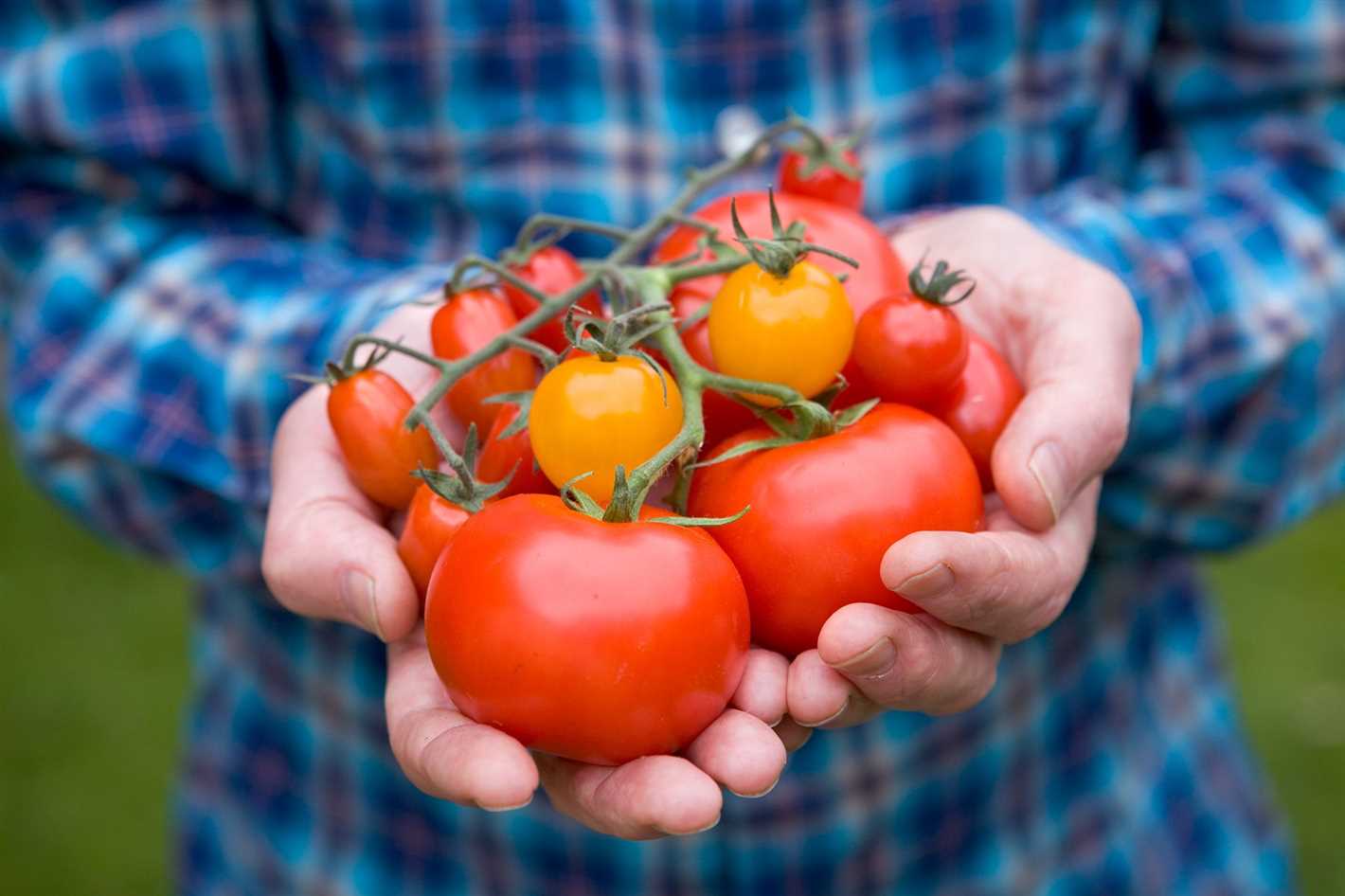- Cultivation of Curcuma
- Properties of Curcuma
- 1. Color
- 2. Flavor and aroma
- 3. Medicinal properties
- 4. Nutritional value
- 5. Culinary uses
- 6. Cosmetic and dye properties
- 7. Traditional uses
- Uses of Curcuma
- 1. Culinary Uses
- 2. Medicinal Uses
- 3. Cosmetic Uses
- 4. Dyeing and Coloring
- Health Benefits of Curcuma
- 1. Anti-Inflammatory Properties
- 2. Digestive Health
- 3. Antioxidant Effects
- 4. Heart Health
- 5. Brain Health
- 6. Immune System Support
- 7. Anti-Cancer Properties
- 8. Weight Management
- 9. Skin Health
- 10. Anti-Aging Effects
- Cooking with Curcuma
- Seasoning:
- Curry:
- Soups and Stews:
- Beverages:
- Baked Goods:
- Additional Tips:
- Conclusion:
- Curcuma in Traditional Medicine
- Anti-Inflammatory Effects
- Antioxidant Activity
- Gastrointestinal Health
- Immune System Boost
- Neuroprotective Effects
- Wound Healing
- Curcuma in Cosmetics
- Skincare Benefits
- Haircare Benefits
- Curcuma in Cosmetic Products
- “Question-Answer”
- What is Curcuma?
- How is Curcuma cultivated?
- What are the properties of Curcuma?
- What are the uses of Curcuma?
- Can Curcuma be used to treat certain health conditions?
- “Video” Neem & Turmeric – 2 CAPSULES EVERY MORNING, Along With Tepid Water Laced With HONEY-Sadhguru|
Curcuma, also known as turmeric, is a perennial herbaceous plant that belongs to the Zingiberaceae family. It is native to the Indian subcontinent and Southeast Asia and has been used for centuries in traditional medicine and cooking. Curcuma is primarily cultivated for its rhizomes, which are harvested and dried to produce the bright yellow powder known as turmeric.
Cultivation
Growing curcuma requires a warm and humid climate, with temperatures ranging between 68°F and 86°F (20°C and 30°C) and an annual rainfall of about 1500 to 2500 mm. It prefers well-drained soil with a pH level between 4.5 and 7.5. The plant is propagated by rhizome division or through tissue culture. It takes about 7 to 9 months for the plant to reach maturity and be ready for harvest.
Properties
Curcuma contains a compound called curcumin, which gives it its vibrant yellow color and numerous health benefits. Curcumin has antioxidant, anti-inflammatory, and antimicrobial properties. It has been studied for its potential role in the prevention and treatment of various diseases, including cancer, heart disease, and neurodegenerative disorders. Curcumin is also known to support liver function, improve digestion, and boost the immune system.
Uses
Turmeric is commonly used as a spice in various cuisines, providing a warm and earthy flavor to dishes. It is a key ingredient in traditional Indian dishes like curry and has also gained popularity in Western cuisine. Besides its culinary uses, curcuma is widely used in traditional medicine. It is known for its anti-inflammatory properties and is often used to alleviate symptoms of arthritis, joint pain, and gastrointestinal issues. Curcumin supplements are also available for those looking to harness its health benefits.
In conclusion
Curcuma, or turmeric, is a versatile plant that offers not only a vibrant yellow spice but also a range of health benefits. Its cultivation requires specific climatic conditions, and its properties make it a valuable ingredient in traditional medicine. Whether used in cooking or as a supplement, curcuma is a natural way to enhance flavor and support overall well-being.
Cultivation of Curcuma
The cultivation of curcuma, also known as turmeric, is an age-old practice that has been carried out for centuries. It is believed to have originated in Southeast Asia and is now grown in many tropical regions around the world.
Growing Conditions
Curcuma thrives in warm and humid climates with temperatures between 20 to 30 degrees Celsius. It requires well-drained soil with a pH level ranging from 5.5 to 7.5. Sandy or loamy soil with good organic matter is ideal for its cultivation.
Planting
The planting of curcuma is typically done by rhizomes, which are the underground stems of the plant. The rhizomes are planted at a depth of around 5 to 7 cm, with a spacing of 30 to 45 cm between each plant. It is important to ensure that the rhizomes have at least one or two buds to ensure successful growth.
Caring for Curcuma
Curcuma requires regular watering to maintain its moisture levels. However, overwatering should be avoided as it can lead to root rot. The plants should be watered thoroughly once a week, especially during dry spells.
Weeds should be removed regularly to prevent them from competing with the curcuma plants for nutrients and water.
Fertilizers rich in organic matter can be added to the soil to enhance its fertility and promote healthy growth. Regular application of fertilizers every 2 to 3 months is recommended.
Harvesting
The harvesting of curcuma can be done around 7 to 9 months after planting. The plants should be dug up carefully to avoid damaging the rhizomes. The rhizomes can be washed and dried in the sun for a few days before being stored or used.
Pests and Diseases
Curcuma plants are susceptible to pests such as aphids, mites, and nematodes. Regular inspection and appropriate measures, such as using organic insecticides or biocontrol agents, can help prevent and control infestations.
Diseases like leaf spots and rhizome rot can affect curcuma plants. Proper sanitation practices, including removing infected plant material and planting disease-free rhizomes, can help prevent the spread of diseases.
Conclusion
Cultivating curcuma can be a rewarding experience, as it provides a versatile and valuable spice. By providing the right growing conditions and taking proper care, growers can ensure a successful harvest of this beloved plant.
Properties of Curcuma
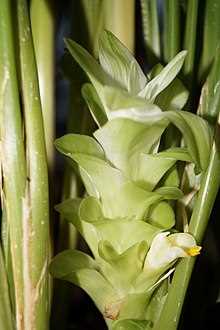
Curcuma, also known as turmeric, is a perennial flowering plant that belongs to the ginger family. It is native to the Indian subcontinent and Southeast Asia.
1. Color
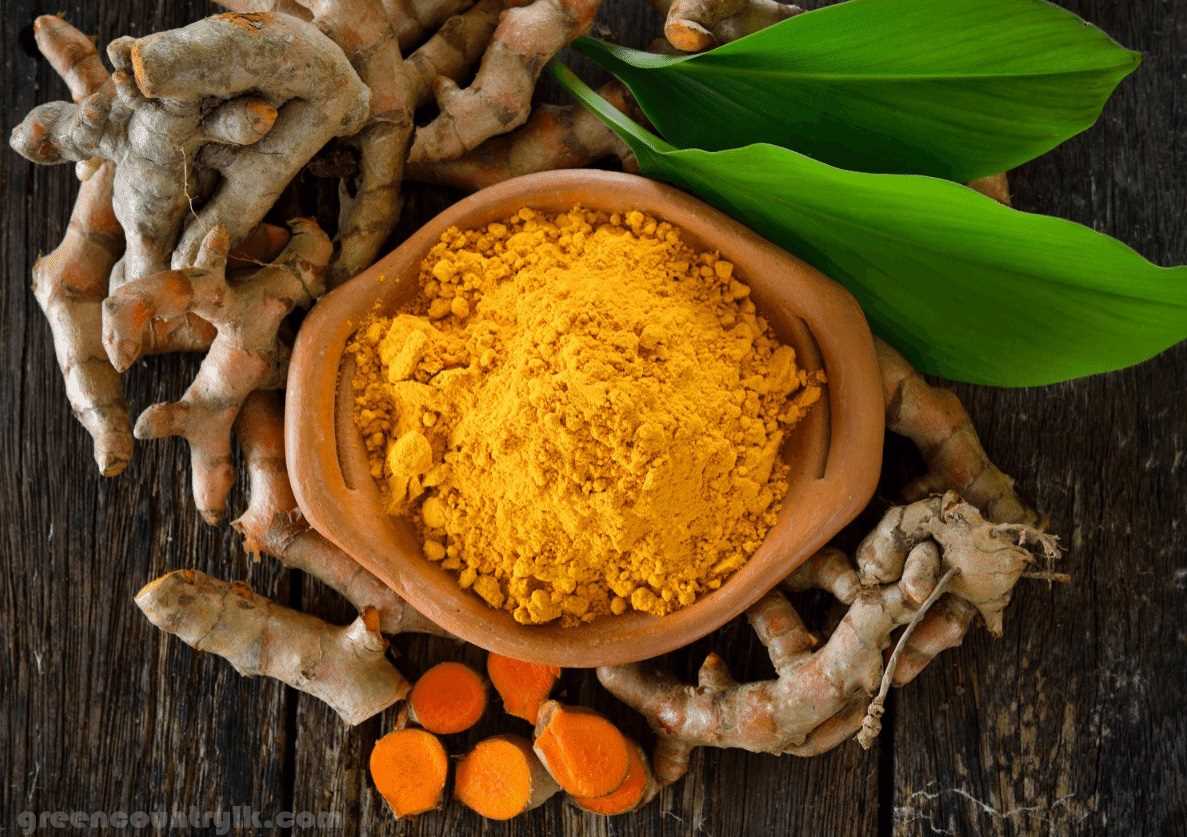
The most distinctive property of curcuma is its vibrant yellow color. The active compound responsible for this color is called curcumin. Curcumin is a powerful antioxidant and has been linked to numerous health benefits.
2. Flavor and aroma
Curcuma has a warm, bitter, and slightly peppery flavor. Its aroma is earthy and mildly aromatic. These unique taste and smell properties make curcuma a popular spice in cooking, particularly in Indian and Southeast Asian cuisines.
3. Medicinal properties
Curcuma has been used for centuries in traditional medicine for its various health benefits. Some of its medicinal properties include:
- Anti-inflammatory: Curcuma has powerful anti-inflammatory properties and can help reduce inflammation in the body.
- Antioxidant: The curcumin in curcuma is a potent antioxidant that helps protect the body against oxidative damage caused by free radicals.
- Anticancer: Studies have shown that curcuma may have anticancer effects and can help inhibit the growth of cancer cells.
- Antimicrobial: Curcuma has antimicrobial properties and can help inhibit the growth of bacteria, viruses, and fungi.
4. Nutritional value
Curcuma is low in calories and contains a good amount of fiber, vitamins, and minerals. It is a good source of manganese, iron, potassium, and vitamin C. It also contains small amounts of vitamin B6, niacin, and magnesium.
5. Culinary uses
Curcuma is widely used as a spice in cooking due to its distinctive flavor and color. It is a key ingredient in curry powder and is used in various curries, sauces, marinades, and spice blends. Curcuma can also be used to add color and flavor to rice dishes, soups, stews, and vegetable dishes.
6. Cosmetic and dye properties
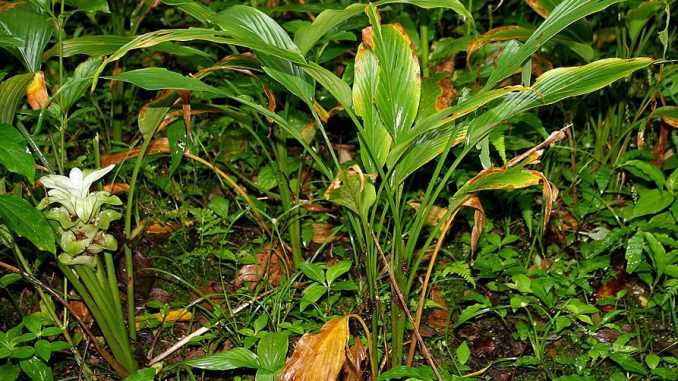
Curcuma is used in cosmetic products for its skin-enhancing properties. It is believed to help improve skin complexion, reduce acne and blemishes, and provide a natural glow. Curcuma is also used as a natural dye for fabrics, giving them a vibrant yellow color.
7. Traditional uses
In addition to culinary and medicinal uses, curcuma has been traditionally used for various purposes. It is used in religious ceremonies, as a dye for clothes, and as a natural remedy for various ailments like digestive issues, wounds, and joint pain.
| Common Name | Scientific Name |
|---|---|
| Curcuma | Curcuma longa |
Uses of Curcuma
Curcuma, also known as turmeric, is a versatile spice that has been used for centuries for its culinary, medicinal, and cosmetic properties. Here are some of its most common uses:
1. Culinary Uses
- Curcuma is widely used as a spice and coloring agent in various cuisines around the world. It gives a bright yellow color to dishes and has a warm, earthy flavor.
- It is a key ingredient in many Indian dishes, such as curry powder, and is often used in marinades, sauces, soups, and stews.
- Curcuma is also used to add flavor and color to rice, pickles, and chutneys.
2. Medicinal Uses
- Curcuma is highly regarded for its medicinal properties and has been used in traditional medicine to treat various ailments.
- It contains a compound called curcumin, which has anti-inflammatory, antioxidant, and anticancer properties.
- Curcuma is used to relieve arthritis pain, reduce inflammation, boost the immune system, and aid in digestion.
- It is also believed to have potential benefits for heart health, brain function, and skin conditions.
3. Cosmetic Uses
- Curcuma is often used in skincare products due to its anti-inflammatory and antioxidant properties.
- It is used in face masks, creams, and lotions to brighten the skin, reduce acne, and improve overall skin health.
- Curcuma is also used in natural hair care products to promote hair growth, reduce dandruff, and improve scalp health.
4. Dyeing and Coloring
- Curcuma is used as a natural dye to color fabrics, yarns, and cosmetics.
- Its vibrant yellow color is often used to dye textiles, such as silk, cotton, and wool.
- Curcuma is also used as a natural food coloring agent for confectionery, beverages, and dairy products.
These are just a few of the many uses of curcuma. Whether in the kitchen, medicine cabinet, or beauty routine, curcuma offers a range of benefits that have made it a staple ingredient around the world.
Health Benefits of Curcuma
1. Anti-Inflammatory Properties
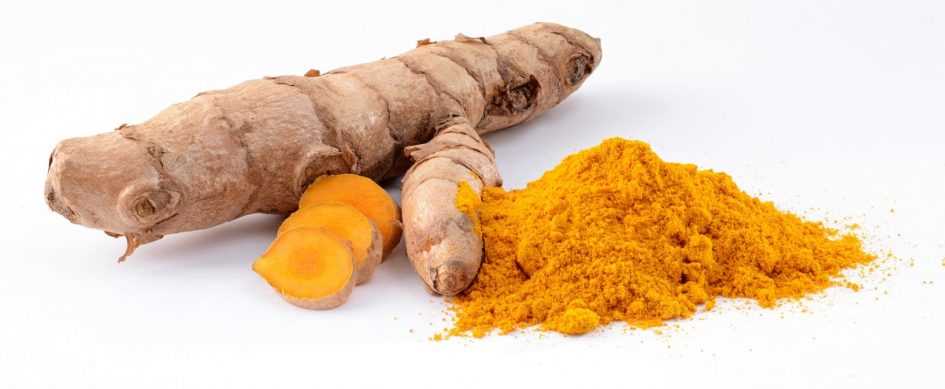
Curcuma has been used for centuries for its anti-inflammatory properties. It contains a compound called curcumin, which has been found to reduce inflammation in the body. This can help with conditions such as arthritis, inflammatory bowel disease, and even certain types of cancer.
2. Digestive Health
Curcuma is known to have beneficial effects on the digestive system. It can stimulate the production of bile in the liver, which aids in the digestion and absorption of fats. Curcuma is also commonly used to treat digestive disorders such as indigestion, bloating, and gas.
3. Antioxidant Effects
Curcuma contains powerful antioxidants that can help protect the body against free radicals, which are harmful substances that can damage cells and lead to chronic diseases. These antioxidants can also help slow down the aging process and improve overall health and well-being.
4. Heart Health
Research has shown that curcuma may help improve heart health by reducing the risk of heart disease. Curcumin has been found to lower cholesterol levels, reduce inflammation in the arteries, and improve blood vessel function. These effects can help prevent the development of cardiovascular diseases.
5. Brain Health
Curcuma has been studied for its potential effects on brain health and cognitive function. Some research has suggested that curcumin may help improve memory and reduce the risk of neurodegenerative diseases such as Alzheimer’s and Parkinson’s disease. It may also have antidepressant effects.
6. Immune System Support
Curcuma has immune-stimulating properties that can help support the body’s natural defense system. It can help boost the activity of immune cells and improve the response to infections. This can help reduce the risk of getting sick and may also help with the treatment of certain conditions such as autoimmune diseases.
7. Anti-Cancer Properties
Studies have shown that curcuma may have anti-cancer properties. Curcumin, the active compound in curcuma, has been found to inhibit the growth and spread of cancer cells and induce apoptosis, which is the programmed cell death of cancer cells. It may also help prevent the formation of new blood vessels that supply nutrients to tumors.
8. Weight Management
Curcuma may aid in weight management by increasing metabolism and reducing fat accumulation. It has been found to inhibit the formation of fat cells and promote the breakdown of fats. Curcuma can also help regulate blood sugar levels and reduce cravings, which can contribute to weight loss.
9. Skin Health
Curcuma has been used for its skin-healing properties for centuries. It has anti-inflammatory and antioxidant effects that can help reduce skin inflammation, promote wound healing, and improve the overall appearance of the skin. Curcuma can also be used to treat skin conditions such as acne, eczema, and psoriasis.
10. Anti-Aging Effects
Curcuma’s antioxidant properties can help protect the body against the damaging effects of free radicals, which can contribute to premature aging. Regular consumption of curcuma may help reduce the appearance of wrinkles, improve skin elasticity, and promote a youthful complexion.
Cooking with Curcuma
Curcuma, also known as turmeric, is a popular spice used in various cuisines around the world. It adds a vibrant yellow color and a distinctive flavor to dishes. Here are some ways you can use curcuma in your cooking:
Seasoning:
Curcuma can be used as a seasoning in both vegetarian and non-vegetarian dishes. It pairs well with other spices like cumin, coriander, and fennel. Sprinkle some curcuma powder on roasted vegetables or marinate meat with a mix of curcuma, salt, and other spices to add flavor and color.
Curry:
Curcuma is a key ingredient in many curry dishes. Its earthy and slightly bitter taste complements the richness of coconut milk and other aromatic spices. Add curcuma powder to your curry paste or sauce to enhance its flavor and color.
Soups and Stews:
Curcuma can be used to add depth of flavor to soups and stews. It works particularly well in lentil soups and vegetable stews. Sprinkle some curcuma powder or add freshly grated curcuma root to your dish to give it a warm and comforting taste.
Beverages:
Curcuma is also commonly used in beverages like golden milk and curcuma tea. Golden milk is a popular Ayurvedic drink made with curcuma, milk, and other spices. Curcuma tea can be made by steeping curcuma slices or powder in hot water and adding honey or lemon for taste.
Baked Goods:
Curcuma can be a surprising addition to baked goods like bread and cookies. It gives a unique flavor and color to the final product. Experiment by adding a small amount of curcuma powder to your dough or batter and see how it transforms your baked goods.
Additional Tips:
- Always store curcuma powder in an airtight container in a cool and dark place to maintain its freshness and potency.
- When using curcuma in your cooking, be mindful of its strong color, as it can stain your hands and clothing.
- Consider using fresh curcuma root instead of powder for a more potent and authentic flavor.
- Feel free to experiment with the amount of curcuma in your dishes to find the right balance of flavor for your taste.
Conclusion:
Curcuma is a versatile spice that can be used in a wide range of dishes. Its distinct flavor and color make it a popular choice in many cuisines. Whether you’re seasoning vegetables, making curry, or baking bread, curcuma is sure to add a unique twist to your culinary creations.
Curcuma in Traditional Medicine
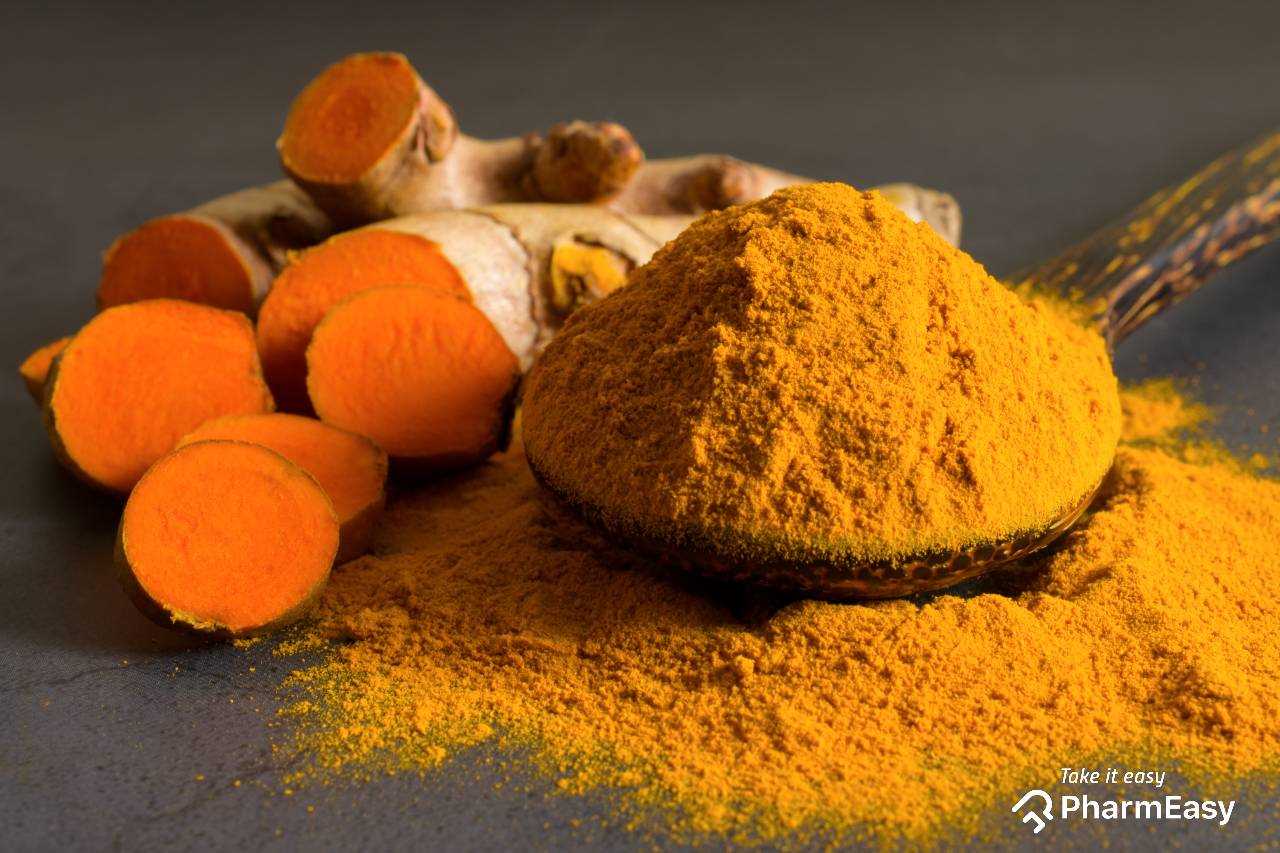
Curcuma, also known as turmeric, has been used in traditional medicine for centuries. Its medicinal properties make it a popular remedy for various health conditions.
Anti-Inflammatory Effects
Curcuma has strong anti-inflammatory properties, which makes it effective in reducing inflammation and relieving pain. It inhibits the production of inflammatory chemicals in the body, making it a beneficial treatment for conditions such as arthritis and joint pain.
Antioxidant Activity
Curcuma contains compounds called curcuminoids, which have powerful antioxidant properties. Antioxidants help protect the body against free radicals, which can damage cells and contribute to aging and disease. By neutralizing free radicals, curcuma can help prevent and treat various chronic diseases, such as heart disease and cancer.
Gastrointestinal Health
Curcuma has long been used to promote gastrointestinal health. It aids in digestion, reduces bloating and gas, and helps relieve symptoms of indigestion. Curcuma also has antibacterial properties, which can help kill harmful bacteria in the gut and prevent gastrointestinal infections.
Immune System Boost
Curcuma has immune-boosting properties, thanks to its antioxidant and anti-inflammatory effects. It can strengthen the immune system and help the body fight off infections and illness. Curcuma also stimulates the production of white blood cells, which are essential for a healthy immune response.
Neuroprotective Effects
Studies have shown that curcuma has neuroprotective effects, meaning it can protect the brain against damage and age-related cognitive decline. It can help prevent the accumulation of amyloid plaques, which are associated with Alzheimer’s disease. Curcuma also promotes the production of brain-derived neurotrophic factor (BDNF), a protein that is essential for the growth and survival of brain cells.
Wound Healing
Curcuma has been traditionally used for wound healing due to its antibacterial and anti-inflammatory properties. It can help reduce inflammation, fight off infections, and promote faster healing of wounds and cuts. Curcuma can also help reduce the appearance of scars and improve overall skin health.
| Condition | Curcuma Use |
|---|---|
| Arthritis | Curcuma supplements or topical application of curcuma paste |
| Indigestion | Curcuma tea or curcuma supplements |
| Cuts and Wounds | Topical application of curcuma paste or ointment |
| Common Cold | Curcuma tea or curcuma supplements |
| Skin Infections | Topical application of curcuma paste or ointment |
In conclusion, curcuma has been widely used in traditional medicine for its numerous health benefits. Its anti-inflammatory, antioxidant, gastrointestinal, immune-boosting, neuroprotective, and wound healing properties make it a versatile and valuable natural remedy.
Curcuma in Cosmetics
Curcuma, also known as turmeric, has been used for centuries in traditional Ayurvedic medicine for its numerous health benefits. However, its properties also make it a valuable ingredient in the cosmetics industry. The vibrant yellow color and potent antioxidants found in curcuma make it a popular choice for skincare and haircare products.
Skincare Benefits
Curcuma contains a compound called curcumin, which has powerful anti-inflammatory and antioxidant properties. These properties help to soothe and calm the skin, reducing redness and inflammation caused by conditions such as acne, eczema, and rosacea. Curcumin also helps to reduce the appearance of dark spots and hyperpigmentation, giving the skin a more even tone.
The antioxidants present in curcuma protect the skin from damage caused by free radicals, which can accelerate the aging process. Regular use of curcuma-based skincare products can help to improve the skin’s elasticity, reduce the appearance of fine lines and wrinkles, and promote a youthful glow.
Haircare Benefits
Curcuma is also beneficial for hair health. The antioxidants in curcuma help to protect the hair follicles from oxidative stress, preventing hair loss and promoting healthy hair growth. Curcuma can also help to maintain a healthy scalp by reducing inflammation and preventing dandruff.
In addition, curcuma has natural conditioning properties that can help to nourish and hydrate the hair, leaving it soft, smooth, and shiny. It can also help to improve the overall health of the hair, making it more resilient to damage from styling tools and environmental factors.
Curcuma in Cosmetic Products
Curcuma is commonly found in various cosmetic products, including face masks, serums, creams, and shampoos. It is often used in combination with other natural ingredients, such as honey, yogurt, and coconut oil, to enhance its benefits.
- Face masks containing curcuma can help to brighten the complexion, reduce acne, and improve overall skin health.
- Curcuma serums and creams can be used to target specific skin concerns, such as dark spots, inflammation, and aging.
- Shampoos and conditioners containing curcuma can promote healthy hair growth, reduce dandruff, and improve hair texture and shine.
When using cosmetic products containing curcuma, it is important to do a patch test beforehand to check for any adverse reactions. It is also recommended to consult with a dermatologist or healthcare professional, especially if you have any pre-existing skin conditions or allergies.
| Benefits | Skincare | Haircare | Products |
|---|---|---|---|
| Soothes and calms | Reduces inflammation and redness | Prevents hair loss | Face masks |
| Reduces dark spots | Improves skin tone | Promotes healthy hair growth | Serums |
| Protects from free radicals | Anti-aging effects | Reduces dandruff | Creams |
| Nourishes and hydrates | Improves hair texture | Enhances hair shine | Shampoos and conditioners |
“Question-Answer”
What is Curcuma?
Curcuma is a flowering plant that belongs to the ginger family. It is commonly known as turmeric and is native to Southeast Asia.
How is Curcuma cultivated?
Curcuma is cultivated by planting rhizomes in well-drained soil. It requires a warm and humid climate to grow properly.
What are the properties of Curcuma?
Curcuma has anti-inflammatory, antioxidant, and anticancer properties. It is also known to improve digestion and boost the immune system.
What are the uses of Curcuma?
Curcuma is commonly used in cooking as a spice, particularly in Indian and Southeast Asian cuisines. It is also used for medicinal purposes and in the cosmetic industry.
Can Curcuma be used to treat certain health conditions?
Yes, Curcuma has been used in traditional medicine to treat various health conditions, including arthritis, digestive disorders, and skin problems. However, it is always recommended to consult a healthcare professional before using it for medicinal purposes.
“Video”
Neem & Turmeric – 2 CAPSULES EVERY MORNING, Along With Tepid Water Laced With HONEY-Sadhguru|
https://youtube.com/watch?v=5DP9YSjHRQY


